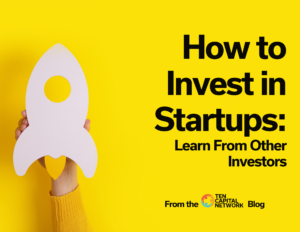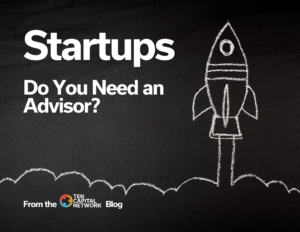
How to Tell A Story
2 min read How to tell a story. What makes a story? At its core, a story consists of a beginning, middle, and end. If

2 min read How to tell a story. What makes a story? At its core, a story consists of a beginning, middle, and end. If

1 min read Investing Challenges in Angel Investing. Angel investing can be fun and financially rewarding to the investor as well as helpful to the

1 min read Investing Challenges in Angel Investing. Angel investing can be fun and financially rewarding to the investor as well as helpful to the

1 min read How to Invest in Startups – Learn From Other Investors As an investor, I helped launch three angel networks in Texas. In

2 min read. Startups: Do You Need an Advisor? Many startups collaborate with an advisor at some point in the process of their development. Advisors

1 min read Should You Start an Angel Network? Before making that decision, there are several questions you will need to ask yourself. Before launching

3 min read Investing in emerging markets can be an incredibly tempting venture. The high-risk/high-reward stakes are likely to draw in investors, both big and

1 min read No one wants to invest in a startup that is doomed to fail; enter Team Due Diligence. “What we hope ever to

1 min read The Importance of Diversity in Your Portfolio According to a Harvard Business Review study on increasing diversity in venture capital partnerships, the